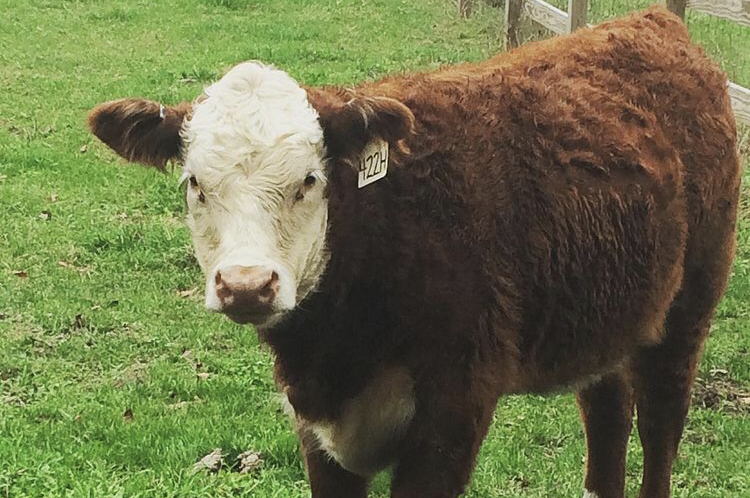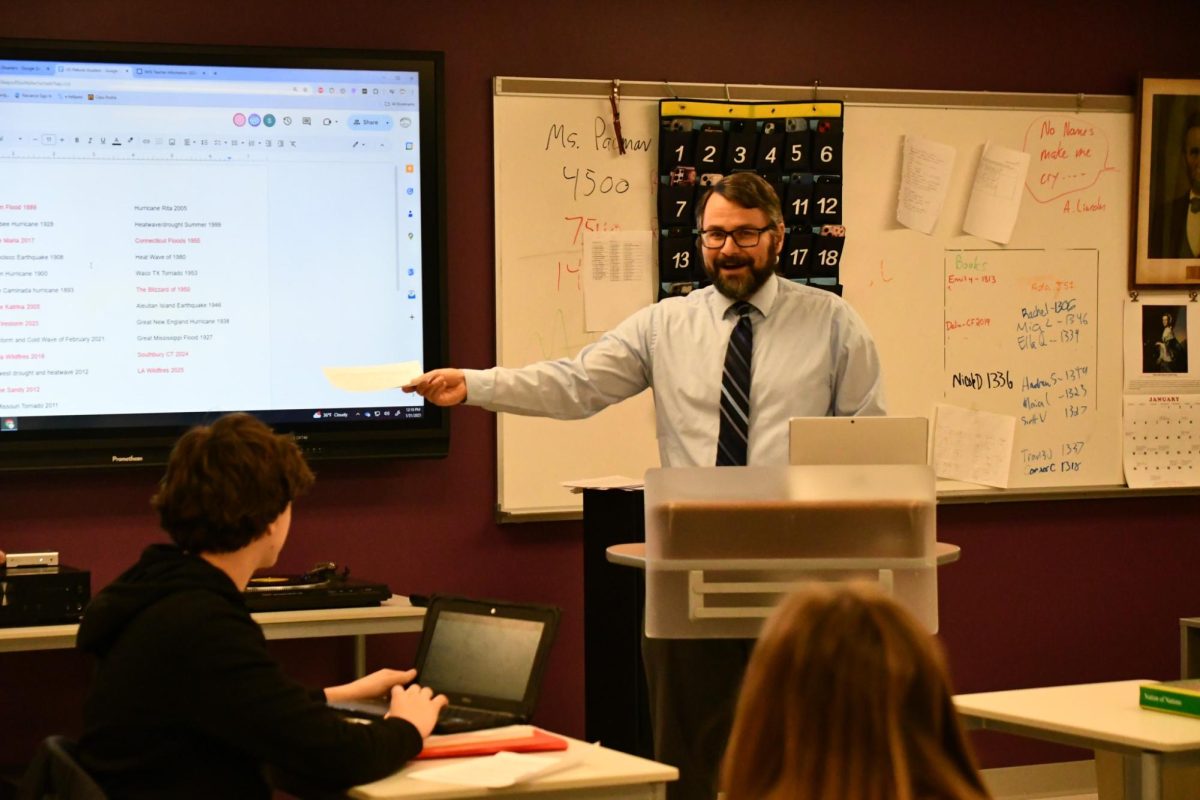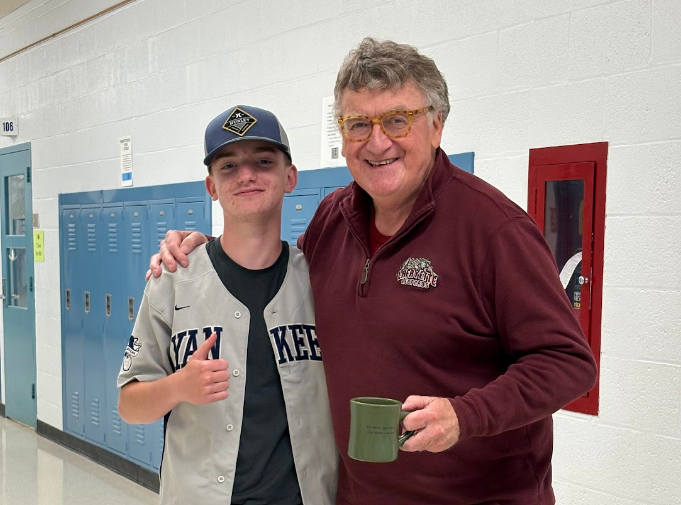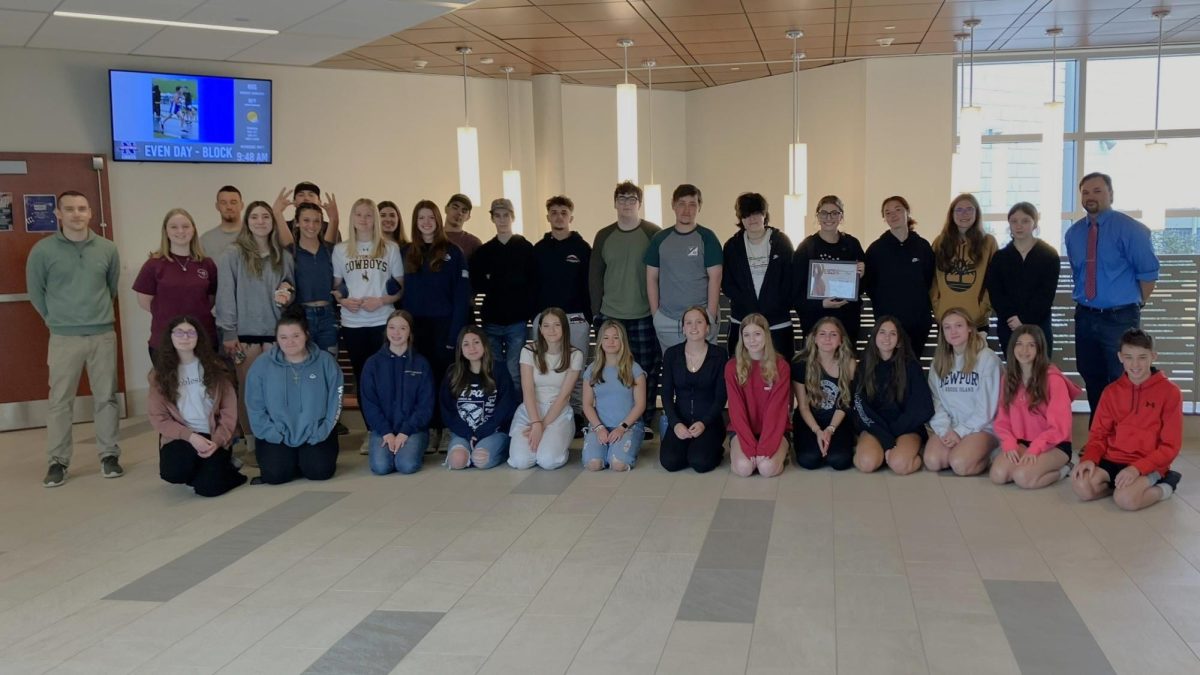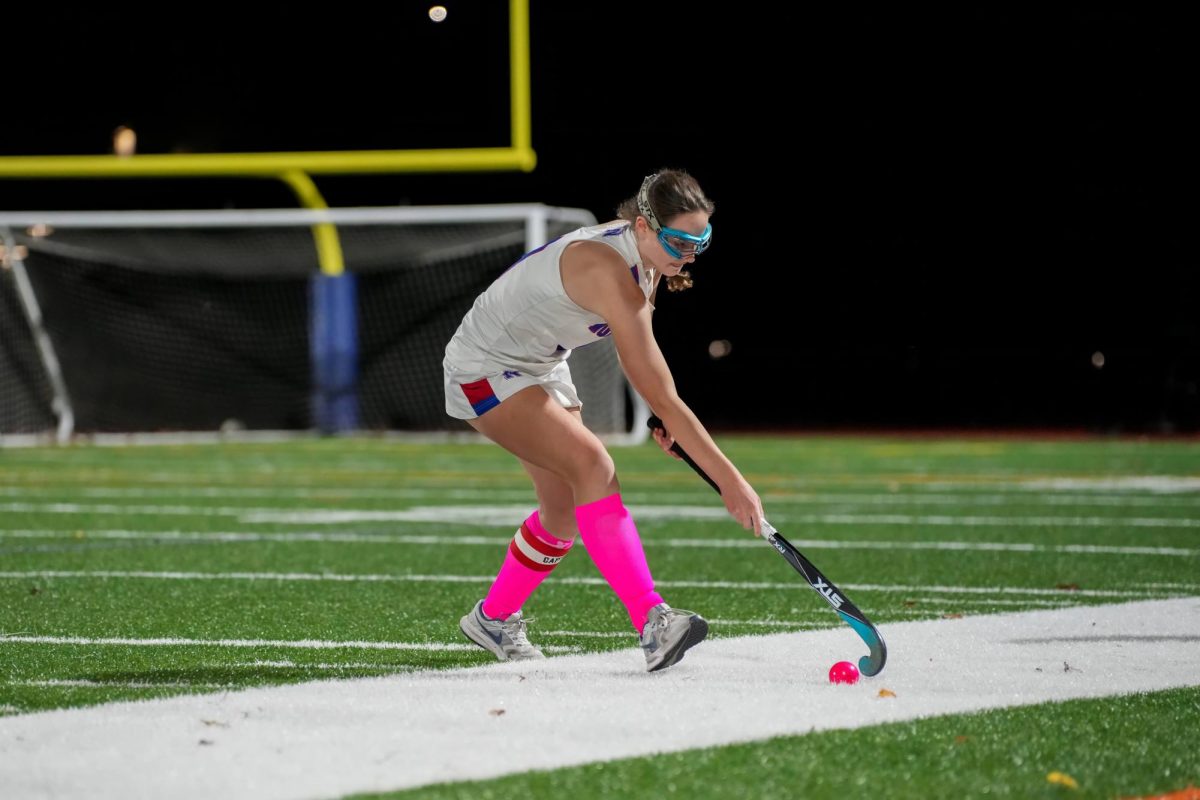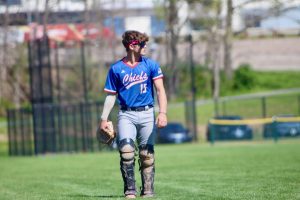Snow and Distance Don’t Stop Ag Teachers from Feeding Animals
Courtesy of Woodbury FFA/Instagram
Buttercup is just one of the many animals in Nonnewaug’s ag program that need to be taken care of regardless of weather or the pandemic.
December 1, 2020
WOODBURY — It’s December, which means the cold weather has officially arrived. The sudden drop in temperature largely impacts the animals of the Nonnewaug agriscience department.
“With swaying temperatures, where it goes from 20 at night to 70 in the day, it is difficult for the animals’ bodies to keep adjusting and they can get stressed and get sick that way,” said Jennifer Jedd, an ag teacher.
As a result, the ag department is keeping a closer eye on the animals.
Animals generally thrive in temperatures between 40 and 50 degrees. However, the pigs at NHS are kept inside the large animal lab. Pigs need this because it’s climate-controlled and they do not grow a thick winter coat like the livestock. Animals grow winter coats, or hair, that are thick and act as insulation in order to adapt to cooler weather.
When there is a snow day, teachers use discretion on when to come in safely to feed. The teachers do double duty on snow days because they go in and take care of animals, as well as teach online.
“On snow days, full-remote (school days), or holidays, the ag teachers all come in to take care of their own areas,” said Marisa Bedron, an ag teacher. “There is always someone there to make sure they are fed and healthy.”
Now that the school has moved to full distance learning until Jan. 19, 2021, ag teachers will continue to come into school and take care of the animals while they teach online.



